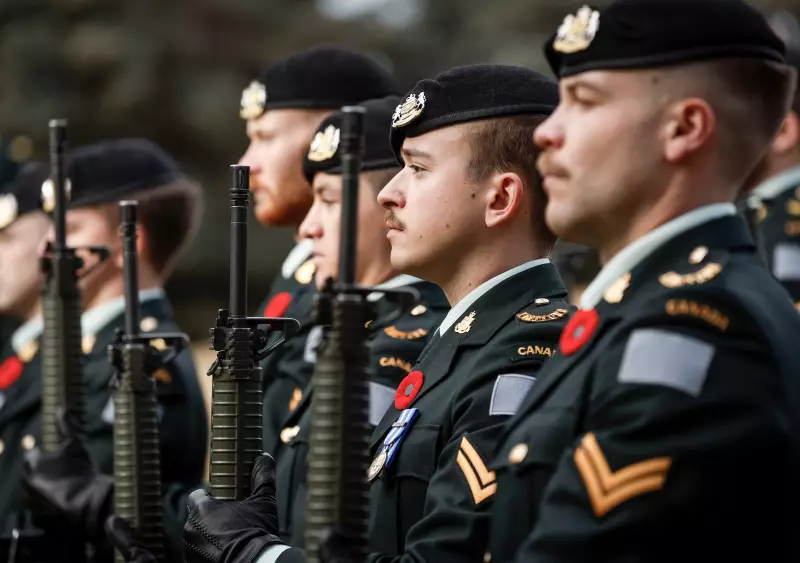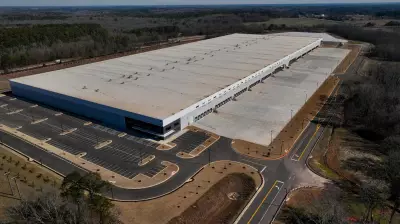
The Canadian military has unveiled ambitious plans to establish a volunteer defence force specifically designed to protect and defend the nation. This strategic initiative represents a significant shift in how Canada approaches its domestic security and defence preparedness.
New Approach to National Defence
The proposed volunteer force would create a structured system allowing civilians to contribute directly to Canada's defence capabilities. This initiative comes as part of broader military planning aimed at enhancing the country's ability to respond to various security challenges while maintaining its commitment to democratic values and citizen participation.
The volunteer defence model represents an innovative approach to national security, potentially drawing from successful civilian-military partnership programs in other democratic nations. This system would provide additional capacity beyond the regular armed forces while fostering greater public engagement in national defence matters.
Strategic Implications and Implementation
Military officials have been developing the framework for this volunteer force over recent months, examining how best to integrate civilian volunteers into established defence structures. The planning phase has included extensive consultation with security experts, legal advisors, and international partners who have implemented similar programs.
The timing of this announcement in late 2025 indicates the military's forward-looking approach to evolving security needs. As global security dynamics continue to shift, Canada is positioning itself to maintain robust defence capabilities through both professional military personnel and dedicated civilian volunteers.
Building on Canadian Traditions
This initiative builds upon Canada's long history of citizen involvement in national security and emergency response. From reserve forces to volunteer emergency response units, Canadians have consistently demonstrated willingness to serve their country when called upon.
The volunteer defence force concept acknowledges this tradition while adapting it to contemporary security requirements. The program aims to create formal pathways for citizens to contribute their skills and time to national defence, potentially including areas such as cyber security, emergency response, and community resilience.
As planning progresses, military leaders will need to address questions around training standards, legal frameworks, and integration with existing defence structures. The success of this initiative will depend on careful implementation and clear communication with the Canadian public about roles, responsibilities, and expectations.






